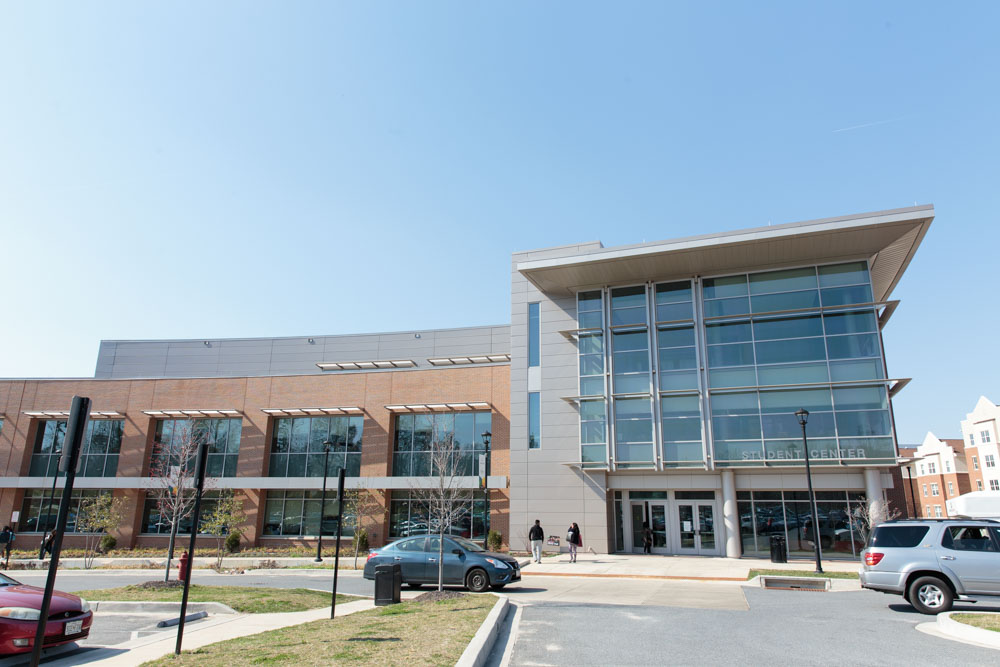Views expressed in opinion columns are the author’s own.
Back in 2000, Maryland’s higher education system was found to be noncompliant with the 14th Amendment. Decades after legally desegregating, we had not dismantled the racism in our schools, according to the Education Department’s Office for Civil Rights. This failure was revealed in the unequal treatment of our historically black colleges and universities.
In response, Maryland partnered with the Education Department and reported that “sustaining a desegregated system will require additional state investments in HBCUs.” The state also agreed to avoid duplicating HBCU programs at nearby white institutions.
[Read more: Some Maryland HBCU presidents are concerned Trump’s executive order doesn’t set aside funds]
But 18 years later, we continue to fail our four HBCUs, which still fight to be treated as equal in the eyes of the state. Our officials need to better fund and better protect these important institutions.
The history of HBCUs is a history of black Americans fighting for self-determination. HBCUs were established after the Civil War to educate the newly freed black population, and they have been a continuing force for racial progress. At a time when black students are disproportionately left out of higher education and can be killed on traditionally white campuses, HBCUs continue to matter.
Unfortunately, the state has ignored the needs of HBCUs, or worked directly in opposition to those needs, for far too long. Alumni from Morgan State University, Coppin State University, Bowie State University and the University of Maryland Eastern Shore sued the state back in 2006. They argued that Maryland failed to fund the schools equally and duplicated distinctive programs elsewhere, which hurt enrollment.
This is especially true when these HBCUs must compete with schools that have more funding and recently developed facilities. In 2013, a federal court determined that traditionally white colleges and universities had duplicated 60 percent of the HBCUs’ “noncore” programs.
Still, Maryland failed to act.
Earlier this month, in an effort to make the lawsuit disappear, Gov. Larry Hogan offered the four schools a total of $100 million over 10 years. Del. Nick Mosby (D-Baltimore) said this was like “throwing peanuts at a very gigantic problem,” and the lead plaintiff in the case called it a “slap in the face.”
Hogan’s offer would amount to $2.5 million per school, per year, which would not do nearly enough to fix decades of underfunding. For comparison, the state promised the University of Maryland $5 million a year for the new football facility at Cole Field House. This demonstrates how little our governor cares about historically black colleges.
Maryland’s record on this issue is abysmal, but advocates for Maryland HBCUs have reason to be hopeful. In November, a U.S. district judge issued an injunction against the state, stopping it from “maintaining vestiges of the prior […] system of segregation in the form of unnecessary program duplication.” This is a win for black institutions, since an independent monitor could now prevent other schools from duplicating the program offerings at historically black schools.
Additionally, state Sen. Joan Carter Conway has proposed a bill that would provide long-denied funding to our four HBCUs. This legislation would put our state on the right track toward parity in higher education.
The forces of institutional racism that made HBCUs necessary in the first place continue to challenge their existence. Even in 2018, Maryland treats Morgan State, Coppin State, Bowie State and UMES like second-class schools. We should support advocates and lawmakers who are working against the tide of history, to fulfill the promise of higher education to black Marylanders.
Jack Lewis is a senior government and politics major. He can be reached at jlewis20@umd.edu



